About Civic (CVC)
What is Civic (CVC)?
Civic (CVC) is a blockchain-based identity management solution designed to provide individuals and businesses with a secure and efficient way to manage, verify, and share personal identity information. Built on the Ethereum blockchain, Civic aims to transform identity verification by giving users control over their data and enabling them to share their identity securely with service providers, without constantly needing to verify it multiple times.
The Civic platform utilizes distributed ledger technology to verify identities in real time, allowing users to share verified information with trusted service providers. The Civic token (CVC) is used to power transactions within this ecosystem, facilitating payments for identity verification services, rewarding users for sharing verified data, and enabling service providers to compensate users for their participation in the verification process.
How does Civic (CVC) work?
Civic leverages blockchain technology to provide secure and efficient identity verification. Here’s how it works:
- Identity Verification:
- Users store sensitive personal information on their mobile device via the Civic app, rather than on centralized servers. This allows users to retain control over their data.
- When a user needs to verify their identity for a service (e.g., signing up for a new platform or confirming their identity for an online service), they can authorize the sharing of their data by using biometric signatures via the app.
- Real-Time Authorization:
- Civic uses distributed ledger technology (DLT) to authorize and record identity-related transactions. This system enables the real-time sharing of verified information with partners and service providers when authorized by the user.
- Civic Tokens (CVC):
- CVC tokens are the utility tokens that power the Civic ecosystem. They are used as a means of settling identity-related transactions between users and service providers. Service providers can reward users with CVC for successfully verifying their identity or performing other tasks within the platform, such as signing up for services or referring new users.
- Additionally, CVC can be used to pay for identity-related services, with tokens acting as a bridge between parties.
- Security and Privacy:
- Civic’s architecture ensures that users’ personal data is stored securely on their mobile devices, rather than on a centralized server. This reduces the risk of data breaches and puts control in the hands of the user.
What are the potential use cases for Civic (CVC)?
Civic is designed to provide identity management solutions across a variety of sectors. Its key use cases include:
- Identity Verification:
- Users can verify their identity securely with service providers (e.g., banks, healthcare providers, online platforms) while maintaining control over their personal information. The verification process is streamlined, reducing friction for both users and service providers.
- AML and KYC Compliance:
- Businesses can use Civic’s AI-powered verification system, which is backed by human review, to onboard users quickly and stay compliant with Anti-Money Laundering (AML) and Know Your Customer (KYC) regulations. This helps businesses reduce fraud while also improving the customer experience.
- Mobile Wallet:
- The Civic Wallet is a mobile cryptocurrency wallet that allows users to store and manage popular cryptocurrencies. In addition, the app serves as a digital identity management tool, giving users the ability to securely store and manage their personal information.
- Health Verification:
- The Health Key app allows employers to verify the health status of employees. This is particularly useful in the context of health crises, such as the COVID-19 pandemic, where employers need to ensure their employees are fit to return to the workplace. The app verifies if an employee is healthy enough to resume work by securely sharing health information.
- Service Automation:
- Through Civic’s smart contract-based ecosystem, users can automate identity verification tasks for different services, saving time and ensuring that the verification process remains consistent across different providers.
What is the history of Civic (CVC)?
Civic (CVC) was co-founded in 2015 by Vinny Lingham and Jonathan Smith. The platform officially launched in 2018, following a successful initial coin offering (ICO) the year prior. The ICO helped fund the development of Civic’s identity verification platform and its associated technology.
- Vinny Lingham, a serial entrepreneur, has a background in technology and finance. He co-founded Gyft, a digital gift card platform, and later co-founded Newtown Partners, an investment firm.
- Jonathan Smith, Civic’s CTO, has over 15 years of experience in the banking industry and played a key role in the development of Civic’s identity verification system.
The CVC token was designed to power the platform’s identity verification ecosystem, serving as the medium of exchange for both service providers and users within the platform. The initial ICO successfully raised funds to support Civic’s vision of decentralizing identity management.
As of late 2020, there were 670 million CVC tokens in circulation, representing 67% of the total supply of 1 billion CVC tokens. Since its launch, Civic has become one of the key players in the digital identity space, continuously developing new applications and use cases for its technology.



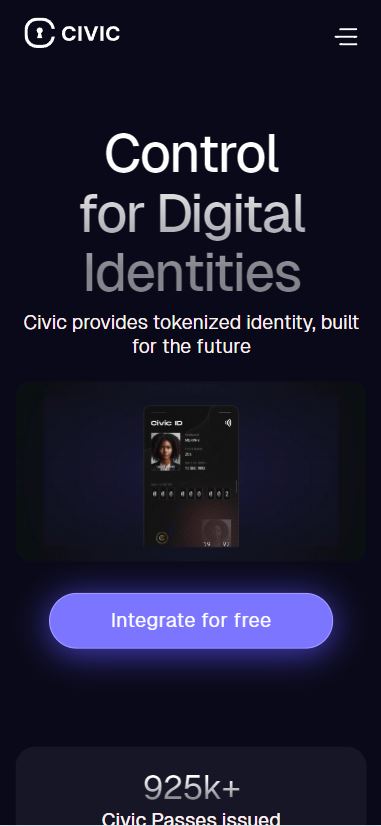

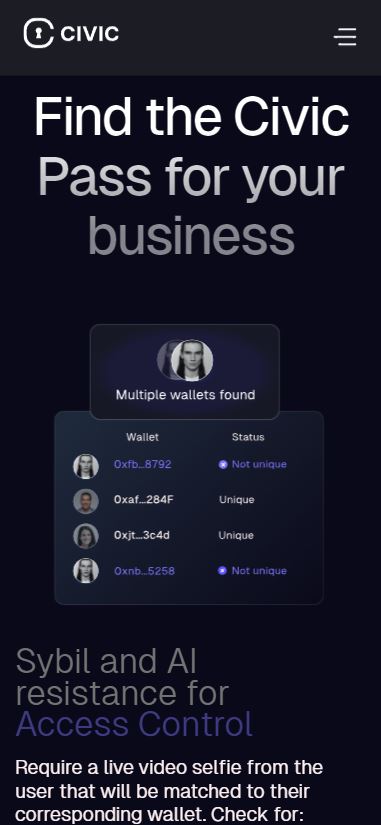
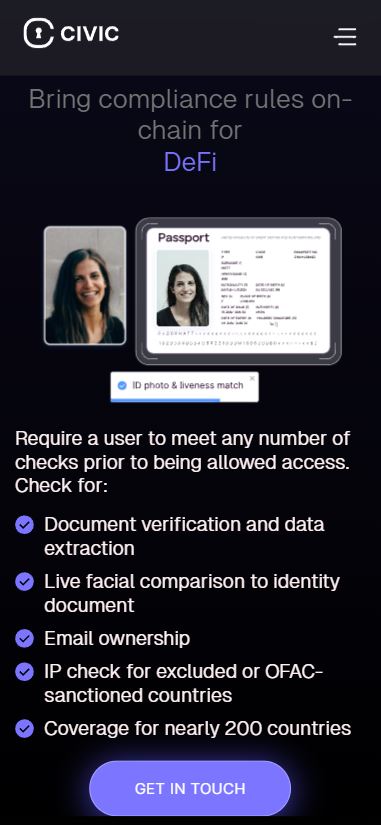
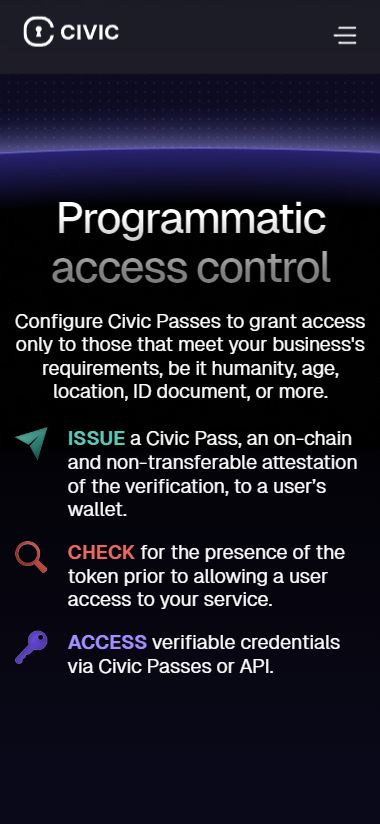
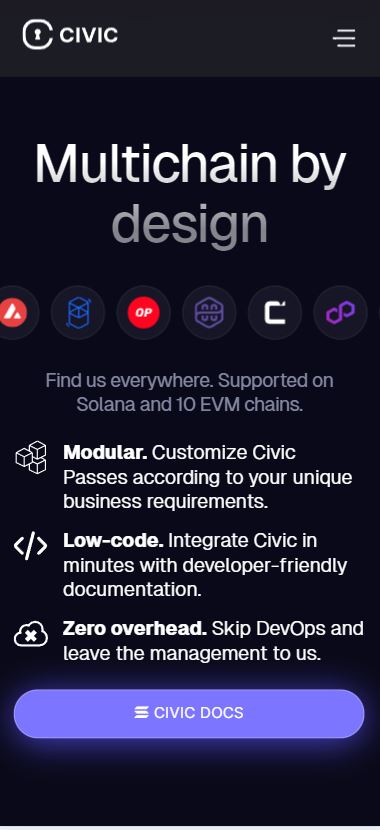
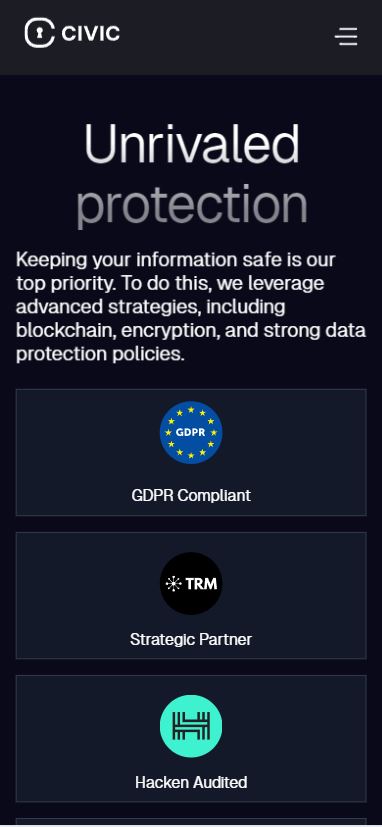













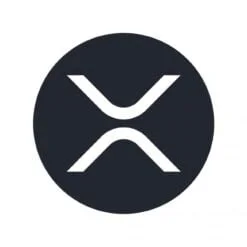





Anthonywax –
Cryptocurrency industry insights
Anthonywax –
News on digital wallets
Harran –
👍